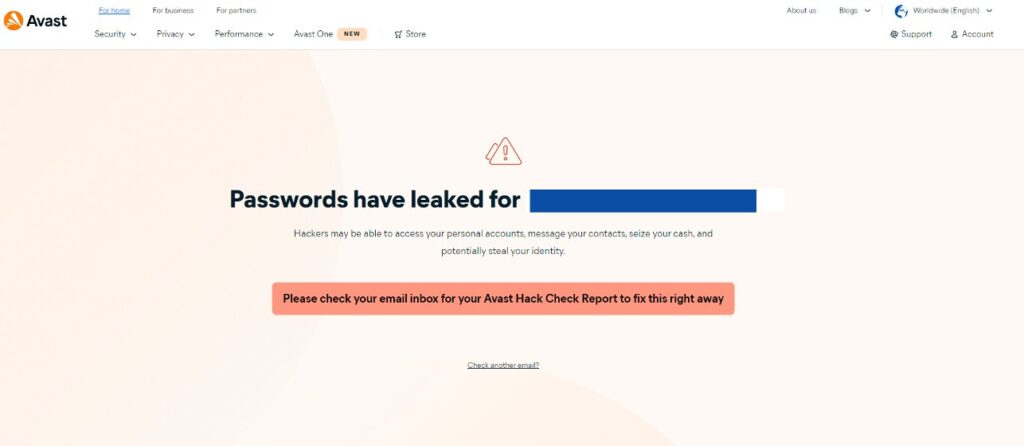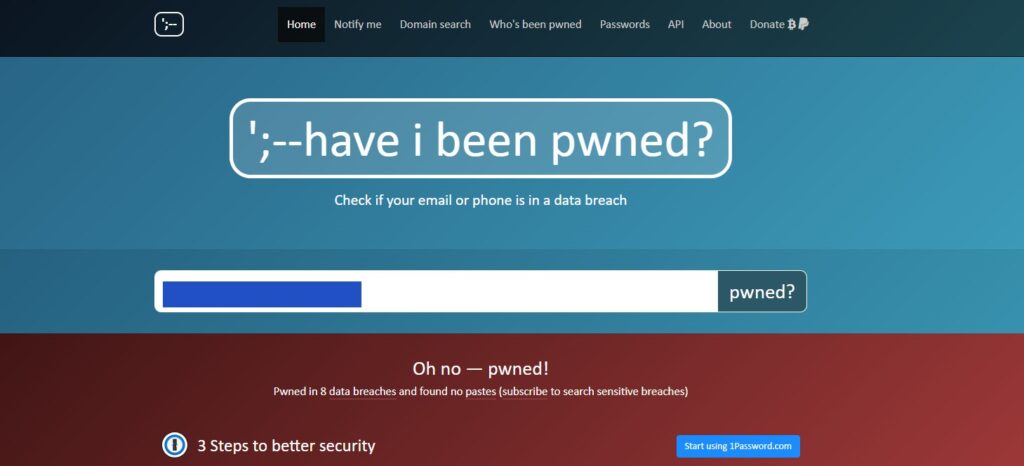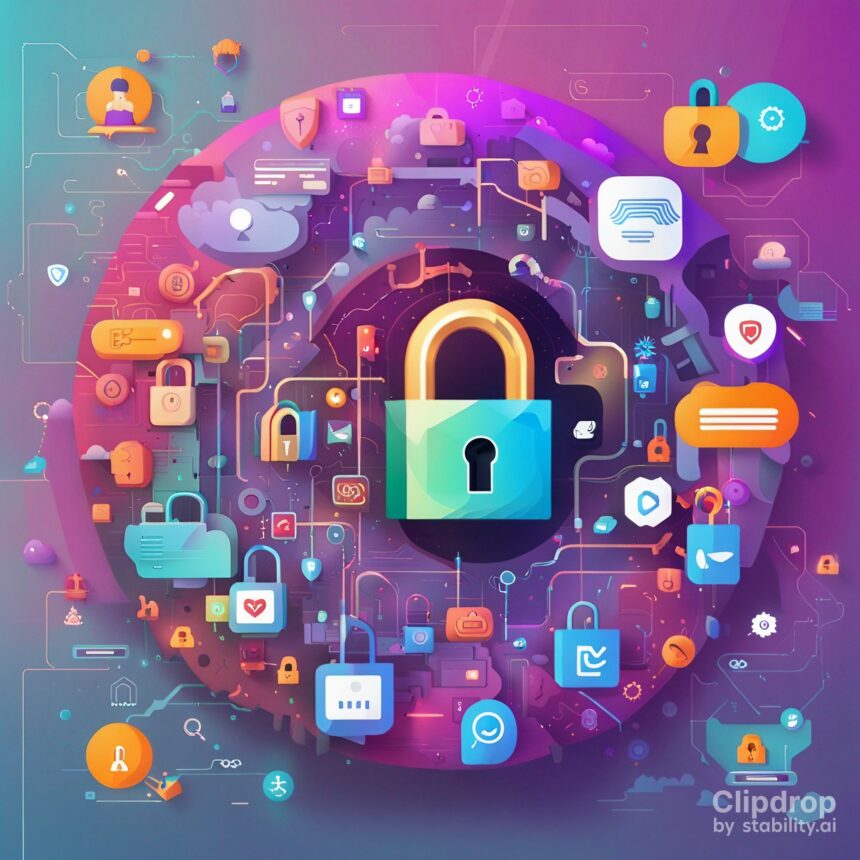I have been an ardent lover of the internet ever since I created my first Yahoo email account at the tender age of 13. My passion for web designing was ignited when I got my hands on a book teaching the basics of HTML in 2005. In my quest to become a proficient web designer, I have over the years registered with countless websites and online services either to utilize them or study their features and interfaces to improve my own skills.
However, as I delved deeper into cyberspace, the threat of security breaches became more and more real. Each year, nefarious hackers attack millions of websites globally, stealing login credentials and sensitive personal information. These stolen emails and passwords are then sold on the dark web or to unscrupulous criminals seeking to access people’s private data.
Picture this: If a criminal gains access to even one of your accounts, they can effortlessly impersonate you, send deceitful messages to your contacts, raid your cloud storage, drain your finances, and potentially infiltrate your other online sanctuaries. It’s a sobering reality that highlights the gravity of having your account leaked or stolen.
But wait, how would you even know if your login credentials have been compromised? Unless the hackers directly contact you, it can be extremely difficult to detect such a breach.
Thankfully, in today’s interconnected world, we have an ally: websites like Avast Hack Check. These virtual guardians help you determine if your passwords have fallen into the wrong hands.

Curious to see if your password has been compromised? Simply visit the following link: https://www.avast.com/hackcheck/. Enter your email and click the eagerly anticipated “Check Now” button.
If your password has been compromised, a warning message will appear indicating it has been leaked, along with the number of times and date of the last incident. If your email is unaffected, a message will state that it has not been leaked.

Another useful website is https://haveibeenpwned.com/. Enter your email address or phone number and the site will tell you if it has been compromised.
So, what should you do if your password has indeed suffered the fate of being leaked? First things first, take a deep breath and remain calm. Remember, you hold the power to reclaim your online security. Here’s a step-by-step guide to regaining control:
- Swiftly navigate to your email account associated with the compromised password. Waste no time—change that password immediately. Ensure your new password is a formidable fortress by combining uppercase and lowercase letters, numbers, and special characters. Let’s make it virtually impenetrable!
- Now, it’s time to address the affected websites. Visit each one where your leaked password has been utilized and promptly reset your password. Don’t procrastinate on this crucial task. A stronger, more secure password will be your key to locking out those nefarious individuals.
- As you embark on your journey to a more secure online presence, keep a few essential tips in mind. Firstly, always use a robust password—one that would make even the craftiest of hackers break a sweat. Secondly, change your password regularly. Don’t let it grow stale and predictable. Rotate it like a secret combination to fortify your defenses.
- Whenever possible, activate Multi-factor Authentication (MFA) for an extra layer of protection. This invaluable feature acts as a digital bouncer, demanding additional proof of your identity before granting access. Embrace MFA like an impenetrable shield safeguarding your online sanctuaries.
- Repeat after me: Never, ever share your password, even with those closest to your heart. It’s a sacred secret that should remain exclusively yours. Treat it like the key to your digital kingdom and guard it with utmost care.
- Be cautious of insecure websites, scammy traps, and phishing attempts. Exercise your discernment before clicking on any suspicious links. Remember, cybercriminals are crafty, but your intuition can be mightier. Trust your gut and steer clear of those shady promises of free GB data, iPhones, and SmartWatches.
PS: Let me know if your passwords have also been leaked, either in the comment below or DM me.
First published on my blog shimray.com




